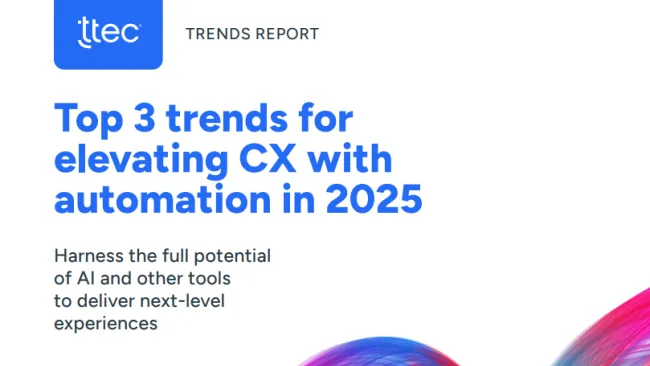“Your customers don’t need to be loyal—you need them to be loyal,” said Emily Collins, principal analyst at Forrester, at a recent Consumer Marketing forum: Beyond the Direct-to-Consumer Revolution. Such advice may seem obvious, yet research suggests that loyalty programs are missing this basic principle when it comes to inspiring customer loyalty.
The problem, Collins noted, is that conventional loyalty programs are generic, interchangeable, and fail to deliver value. In short, many loyalty programs are not customer-focused.
The current state of loyalty
At first glance, customer loyalty programs are succeeding. Approximately 89 percent of U.S. adults belong to at least one loyalty program, according to Forrester. However, only 44 percent agree that loyalty programs make them feel loyal to a brand. What’s more, 52 percent of consumers are willing to try out new brands, making it difficult to build long-term relationships with customers. And, of the roughly $48 billion in reward points and miles issued annually, at least one third goes unredeemed by consumers, reports Colloquy Loyalty Census.
As marketers have discovered, just because customers sign up for a loyalty program, it doesn’t mean they will continue to do business with that brand, or return on a regular basis. It’s not difficult to understand why this is the case—consumers have more choices and information than ever and are easily distracted.
Rethink loyalty
Successful direct-to-consumer companies such as Warby Parker and Glossier are simplifying the customer experience and deepening customer relationships. Loyalty strategies must do the same. The companies that attract, win, and retain customers, Collins noted, focus on the tenets of great experiences: making it easy, effective, and building an emotional connection. Brands must, “think outside the program box,” she said. “Your loyalty program should be more than the program.”
Consider Reebok. The decades-old footwear and apparel company recently launched its first loyalty program, reports RetailDive. Its loyalty program, Unlocked, consists of "both experiential and product-based benefits," and includes perks from partner companies such as Well+Good, Les Mills, ProBar, Ragnar, Tula, and ISSA. Those perks include on-demand training (Les Mills) race entries (Ragnar), and nutrition plans (ISSA). Members also receive early access to Reebok products and private events, as well as wellness plans and workout videos.
Joining the program is as simple as providing a name, username, and password. Shoppers earn points by buying products, writing reviews, and interacting with Reebok on social media and attending events.
Also, the loyalty program is just one part of a wider digital strategy. Reebok’s website is also going through a redesign based on "consumer insights, the rise in mobile shopping, and a demand for a seamless and engaging e-commerce experience," according to the company. By creating a strategy that aligns more with members’ athletic and wellness interests rather than discounts, Reebok is betting that doing so will differentiate its brand and drive actual loyalty.
To rethink customer loyalty for the modern consumer, Collins shared the following tips:
Every touch point counts. Even an innovative loyalty program will falter if customers have an otherwise poor brand experience.
To stand out, prioritize the customer—not product sales. Customers can easily spot generic, commoditized loyalty programs and are unlikely to stick around.
Be an active listener. Think of Sephora’s Beauty Insider Community, which gives customers a platform to share feedback and interact with other like-minded fans, creating a wellspring of ideas.
Show authentic appreciation. Delta Airlines equips its flight attendants with a phone loaded with information about valued passengers so that they can provide a more personalized experience in real time.
Test and learn. Build a testing environment that enables the company to find ways of constantly innovating.
Building customer loyalty is an essential part of business but an effective loyalty strategy isn’t about the business’s perspective. Successful loyalty strategies are focused on the customer’s viewpoint and answer the question, what’s in it for me? Listening to the customer and acting on customer insights ensures that the brand’s response will be a compelling one.















